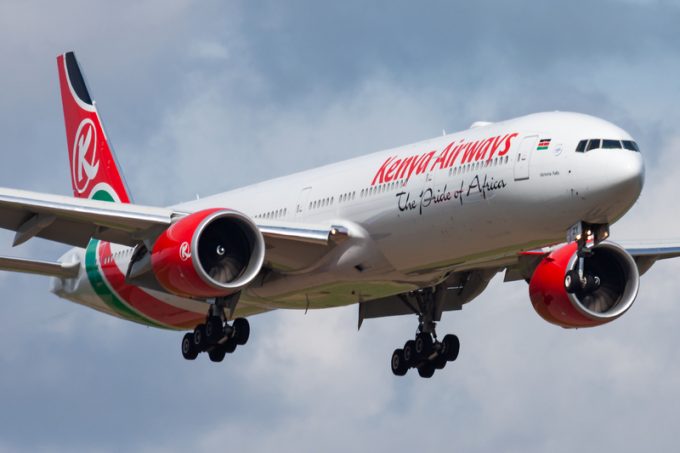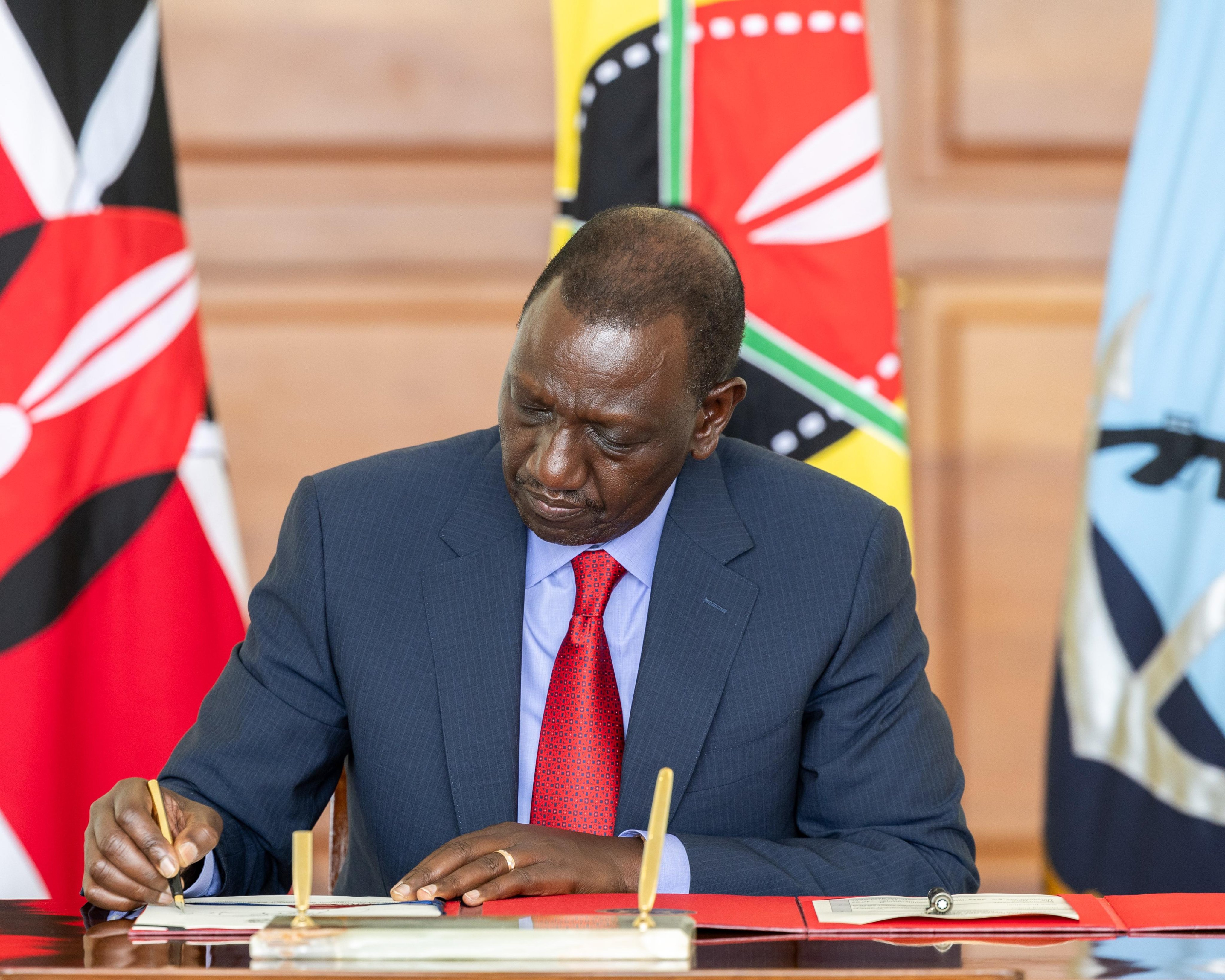Africa’s leading e-commerce platform, Jumia, has published its first Africa e-commerce report dubbed, Jumia Africa e-Commerce Index 2021.
The report leverages the company’s extensive consumer data to unpack trends in online shopping throughout the pandemic.
The most significant insight is the strong shift of consumer online shopping behavior towards everyday products as opposed to electronics and other technological devices.
For instance, in 2020, the most ordered product on Jumia Kenya was 2KGs of sugar, while in Nigeria power banks.
Read More
A screengrab from the Jumia report.
Explaining the change in consumer behavior, Jumia CEO Sam Chappate attributed it to the pandemic, where most Kenyans embraced the idea of shopping online.
“Online grocery shopping has lagged other categories historically in Kenya. The pandemic has shifted consumer behavior. Kenyans are now increasingly considering online shopping for their everyday needs - seeking convenience and competitive prices. This is an important shift for the e-commerce industry because it allows us to become a more relevant service & bigger part of everyday life for Kenyans,” Chappate said.
The increase in orders for day-to-day products on Jumia can also be attributed to the expansion conducted by the ecommerce platform, where it extended retail services to rural areas in Kenya and doubled the number of pick-up stations countrywide to more than 1,000 today.
“We believe our large range of products and competitive pricing is relevant for consumers in and outside Nairobi. By expanding our pick-up station network and working with local entrepreneurs, we are already seeing an acceleration of e-commerce penetration upcountry,” said Chappatte.
The report also shows that Nairobi tops the list as the Kenyan city with the highest number of online deliveries followed by Mombasa and Kiambu.
The report was compiled in collaboration with UNCTAD, IFC, and Mastercard, highlighting the impact of e-commerce on the African economy.









